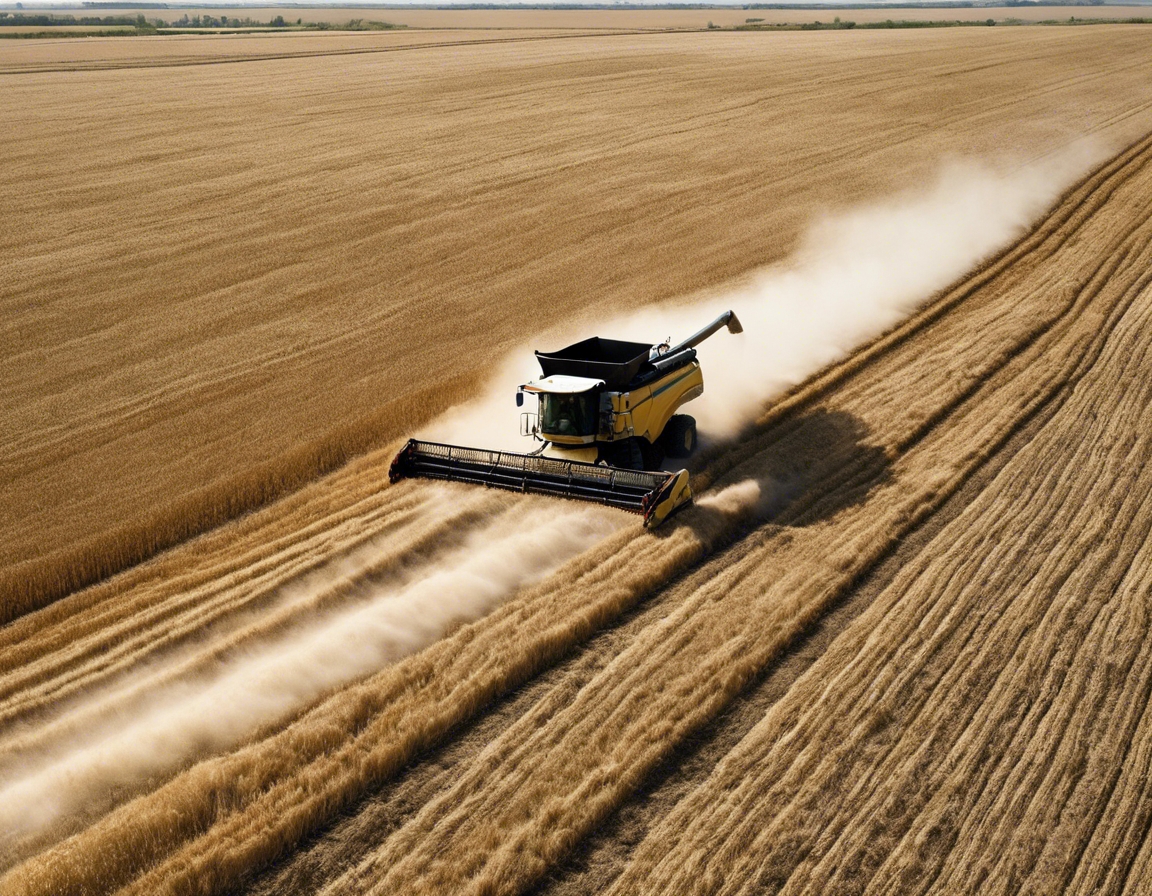5 ways sustainable forestry benefits our ecosystem
Sustainable forestry is a management philosophy that balances the needs of the environment with the demands of industry and community. It involves practices designed to ensure that forest resources are used in a way that is environmentally responsible, socially beneficial, and economically viable. The importance of sustainable forestry cannot be overstated, as it is critical to the health of our planet and the well-being of future generations.
While sustainable forestry presents numerous challenges, such as balancing different land uses and adapting to climate change, it also offers opportunities to innovate and improve our stewardship of forest resources.
1. Biodiversity Preservation
Forests are home to a vast array of wildlife. Sustainable forestry practices help to maintain and enhance habitats for species diversity, ensuring that ecosystems remain robust and resilient.
Similarly, forests are rich in plant diversity. Sustainable forestry contributes to the protection of various plant species, including those that are rare or endangered, by managing forests in a way that allows them to thrive.
2. Soil and Water Conservation
Forests play a crucial role in soil stability. Through sustainable forestry, the risk of soil erosion is significantly reduced, which in turn protects water bodies from sedimentation and maintains soil fertility for future forest growth.
Forests act as natural filters for water. By managing forests sustainably, we ensure that waterways are shielded from pollutants, thus preserving the quality of water that is essential for wildlife, human consumption, and agriculture.
3. Climate Change Mitigation
Forests are vital carbon sinks, absorbing carbon dioxide from the atmosphere. Sustainable forestry enhances the ability of forests to sequester carbon, thereby playing a significant role in mitigating climate change.
By avoiding deforestation and promoting the responsible management of forest resources, sustainable forestry practices help to reduce greenhouse gas emissions associated with land use changes.
4. Economic Sustainability
Sustainable forestry contributes to local economies by providing jobs and supporting industries that rely on forest products. It ensures that these benefits are available for the long term by not depleting the resources upon which they depend.
Communities that rely on forests for their livelihoods benefit from sustainable forestry practices that promote the health and productivity of forests, ensuring that they can continue to provide for future generations.
5. Recreational and Aesthetic Value
Forests offer scenic beauty and are often used for recreational activities. Sustainable forestry practices help to maintain these landscapes, contributing to the well-being and quality of life of people who enjoy and appreciate natural environments.
By managing forests with an eye toward sustainability, we ensure that they remain accessible and enjoyable for outdoor activities such as hiking, birdwatching, and camping, which are important for physical health and mental well-being.






Comments (0)